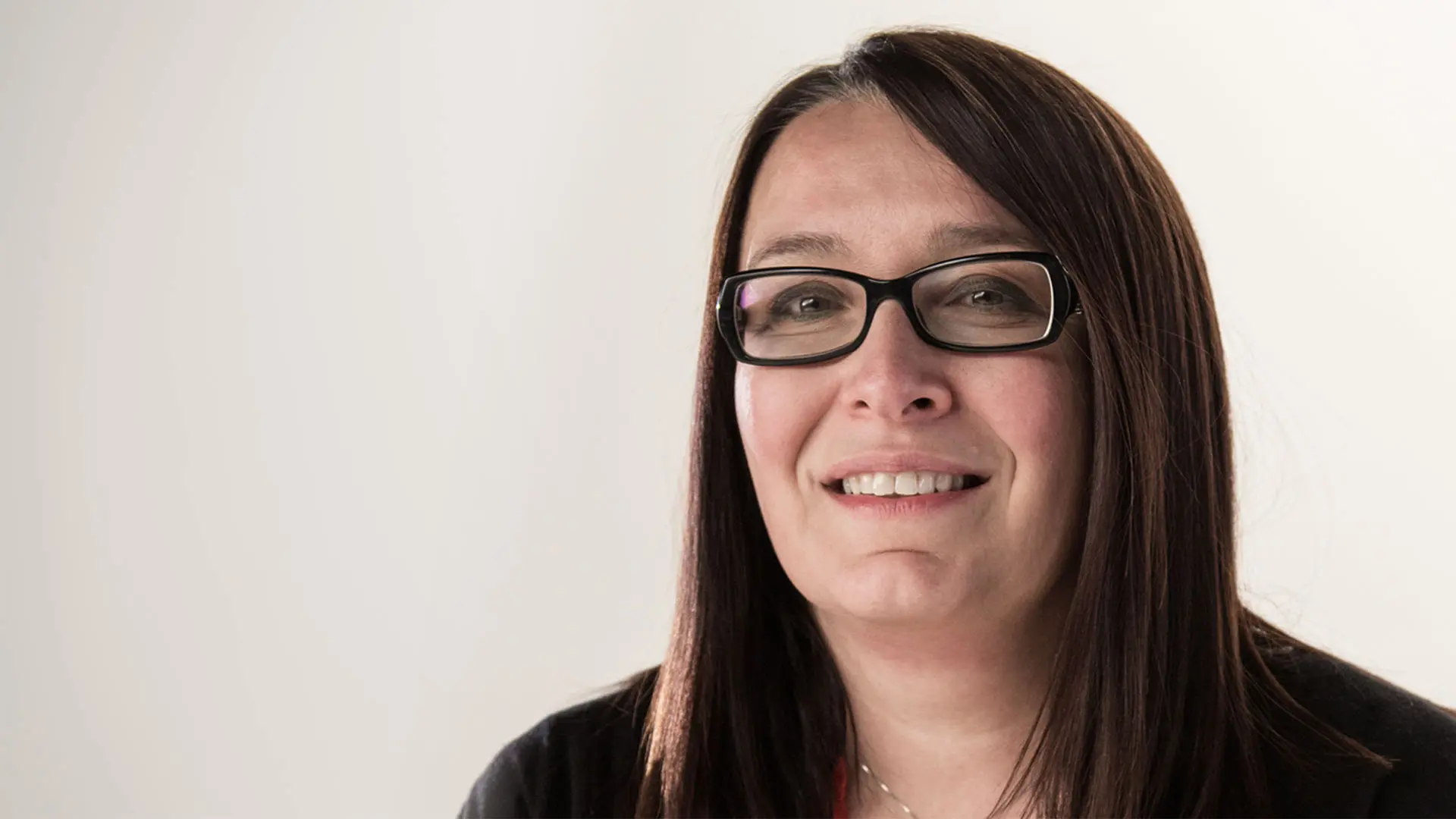I teach on the degree course in Industrial Product Design at the School of Design. I’m responsible for scientific coordination of the IDEActivity Center, which is designed to place value on all aspects of creativity for innovation through design, and of the Biodesign Laboratory, which focuses on designing biorobotic and wearable devices, prosthetics and aids, with a design approach centred upon the human body as a psycho-biological whole.
My current research interests are focused on the development of biodesign as a discipline, and on exploring studies into wearability based on lines of non-extension and the creation of Design Thinking and Co-design tools.
The European project
Socio-cultural changes, linked to the development of open-source technologies, have introduced a significant shift in perspective: the cultural revival of craft activities, connected with “do it yourself” and a new concept of manufacturing, capable of bringing together creativity, sustainability and personalisation. This perspective, in which technologies are transforming work, has led to the formation of new places as areas of socialisation, in the form of real and virtual co-design spaces for experimentation and innovation (such as fablabs, living labs, the DEMADEI platform on materials, and so on).
The Digital Do It Yourself (DiDIY) research project Digital Do It Yourself, which falls under the topic of the “Human-centric Digital Age” in the Horizon 2020 programme, is analysing how DiDIY and the increasing social relevance of digital technology (such as 3D printers and Arduino boards) are:
- changing organisations, work, training, research and creative design
- modifying the social dimension of creativity
- influencing legal systems
- changing ethical aspects
The DiDIY project has been developed by an international consortium of seven partners through a multidisciplinary team:
- Università Carlo Cattaneo - LIUC (IT)
- University of Westminster (UK)
- Ab.Acus srl (IT)
- Manchester Metropolitan University (UK)
- Free Knowledge Institute (NL)
- Amerikaniko Kollegio Anatolia (GR)
- Politecnico di Milano (IT)
The goal of the project is to produce models and guidelines to support both training and the development of policies concerning DiDIY as a phenomenon in progress which, despite being based upon technology, must be steered and shaped by social and cultural strategies, not by technology.
The DiDIY project, which was launched in January 2015 and has a duration of 30 months, is now ready to collect as much information as possible in connection with DiDIY and to explore ways of collaborating with other people, projects and communities that are interested in Digital DIY, from teachers to makers and government. It is possible to participate in the public DiDIY forum and communicate events connected with DiDIY or other kinds of resources.
The role of the Politecnico di Milano
What needs to be explored is what David Gauntlett defines “the social meaning of creativity” in open innovation processes with exchanges between the digital and the real through human-centred design methods and processes. Establishing new mindsets (by proactively generating creativity) allows changes in the digital landscape to be exploited by identifying new opportunities. Themed co-design workshops (on intellectual property, sustainability, safety, etc.) run by the Politecnico have been arranged in order to take stock, together with the parties involved, the change in the creative process in relation to open-source technologies and to develop new tools to support it.
In order to conduct a detailed study of the interactions between Digital DIY and society, these human-centred cross-disciplinary workshops involve various people (in their role of creators, developers and users) who are active in relation to the themes and constitute an opportunity for sharing and cooperation.
These workshops, conducted using typical design and creativity tools and techniques designed to facilitate “lateral thinking”, incorporate two important types of analytical processes:
- exploratory activities designed to verify any critical aspects pinpointed and open up new potential spheres of intervention and horizons regarding the theme and explore and extend the issues and potential of the most significant ones (for example sustainability and safety)
- experimental activities to put into practice, through applied case studies, potential solutions to difficulties encountered in exploiting open-source technologies and document the development of the creative process in relation to the opportunities offered by open-source technologies.
Why do research?
We researchers believe deeply in what we do and believe that the growth of knowledge is fundamental to our country’s development. Yet absolutely one of the most important things that have allowed me to have this European project is “my research group”. Finally, after several years in which I’ve been part of a group, being able to have young researchers and being able to support them economically, given the current university scene, is an achievement that makes me extremely proud.
